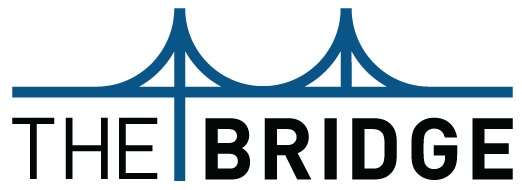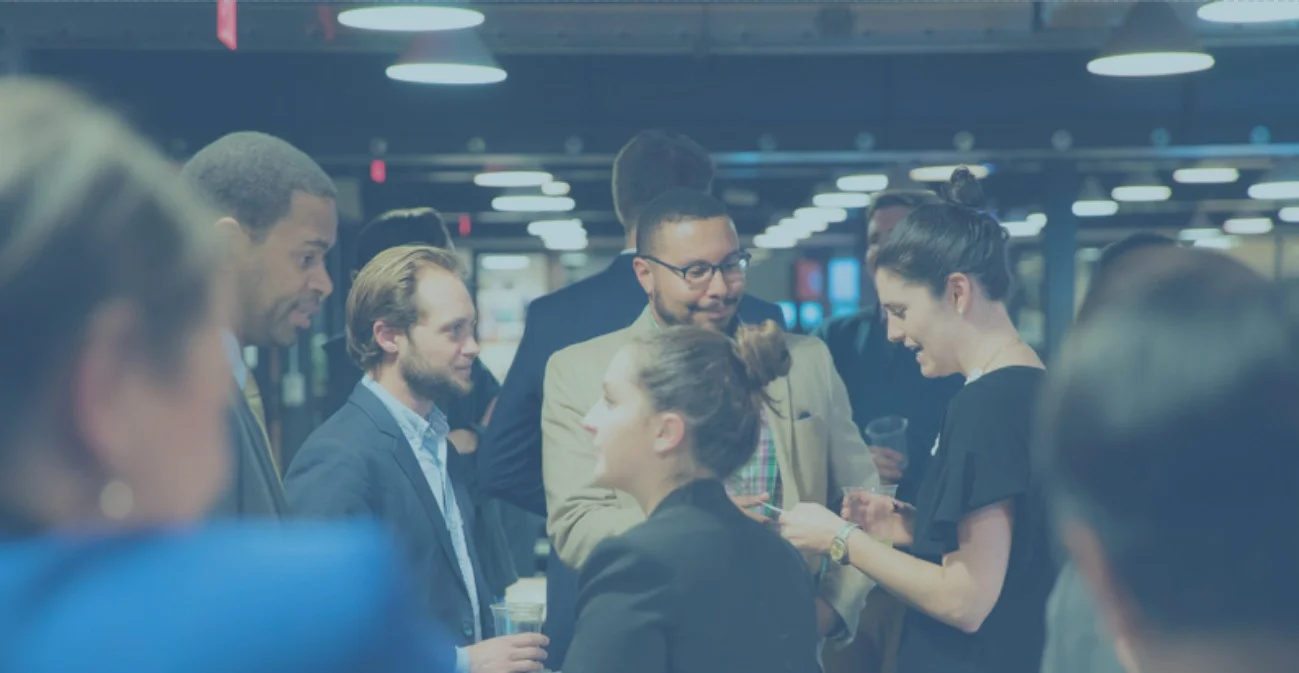TheBridge profile: Cori Zarek
Name: Cori Zarek
Current city: San Francisco, CA
Current job: Deputy Administrator at United States Digital Service (USDS); Former Executive Director of the Beeck Center for Social Impact + Innovation at Georgetown University
Past job: U.S. Deputy Chief Technology Officer
Q. Favorite spot for a coffee meeting? In San Francisco: the Sightglass Coffee around the corner from me in the Mission. In DC: the Compass Coffee just a few blocks from the Georgetown campus. These days, my 'COVID Cafe' is my sunny back deck (great views, terrible service).
Q. Describe how a skill you learned in a previous job helped you in your current job. I started my career in journalism, and newsrooms are a great training ground. The ability to write and edit quickly—and have a thick skin for critique—has been useful in every job I’ve ever had.
Q. Job advice in three words? Work openly
Q. How are you (or your company, org, nonprofit) currently bridging the gap between innovation and regulation? Whether it’s politics or governance or tech or innovation, all of this work is interconnected and part of a broader ecosystem. On my team at the Beeck Center, expert practitioners lead action-oriented research projects alongside students. Our projects bring together cross-functional communities of practice including policy makers, technologists, researchers, and advocates who come from government, industry, academia, and the non-profit community. We identify common problems and shared approaches or solutions we can develop together to scale back into the network. Technology alone is never the answer, and we focus on the entire ecosystem to advance policies, improve service delivery, create templates, playbooks, and checklists, and build stronger relationships to help people achieve better outcomes.
Q. What can innovators learn from policymakers? Design for everyone, especially the most vulnerable in our society. Your elegant platform is only an amazing innovation if all possible users can access and use it. Government folks are great at helping us to remember the community members who need innovative approaches the most.
Q. What can policymakers learn from innovators? Craft policy with the end user(s) in mind (end users = both the people impacted by the policy + the line-level government implementers charged with carrying it out). Ask users what they want and need; understand that may continually shift; and be ready to revise your policy early and often based on real-time user data.
Also, software is never “done.”
Q. Favorite book/podcast/long-form article you recommend? My number one, must-listen-whenever-it-posts podcast is Reply All, with Reveal as a very close second.
Q. Every day is probably different, but can you describe a "day in the life" of your job? Our work at Georgetown is all about strengthening the public interest tech network and producing useful resources for that ecosystem. Our team is constantly convening network leaders, conducting research, and publishing findings through reports, blogs, toolkits, playbooks, and more. My role is to support the team however I can so they do their best work. I’m often scouting for new project ideas for our portfolio, raising funds, teaching courses and working with Georgetown students, and working closely with other public interest tech leaders in the ecosystem to build the field. These days, I’m also working with U.S. Digital Response which I launched with a few fellow former U.S. Deputy Chief Technology Officers to provide support to governments during COVID response and recovery. Through that, we’re finding government teams that need tech support to help people and pairing them with highly skilled pro bono data and tech experts to develop tools or approaches that can scale.
Q. Looking back, what advice would you give yourself in the beginning of your career? Write down your accomplishments. Keep a running list of the projects you work on, the things you publish or roll out (with links!), the interesting events, conferences, and activities you attend, etc. As the years pile on, it’s hard to remember all these things and there will be times—when you’re looking for your next job, for example—where it will be useful to go back through your achievements and highlight some of the specific things you’ve done.
Q. What's one piece of advice you are still trying to master? Listen. Just listen, hear what someone is saying, sit with it … and don't feel like you need to immediately react.
Q. How often do you work from home? Lol. But seriously, when we're not all quarantined at home, I'm in D.C. at Georgetown about one week a month, on the road elsewhere at least a few days each month, and working from home in San Francisco the rest of the time.
Q. How do you unwind after work? Jeopardy!
Click below to join TheBridge community and, among other resources, receive our bi-weekly updates with featured profiles.


